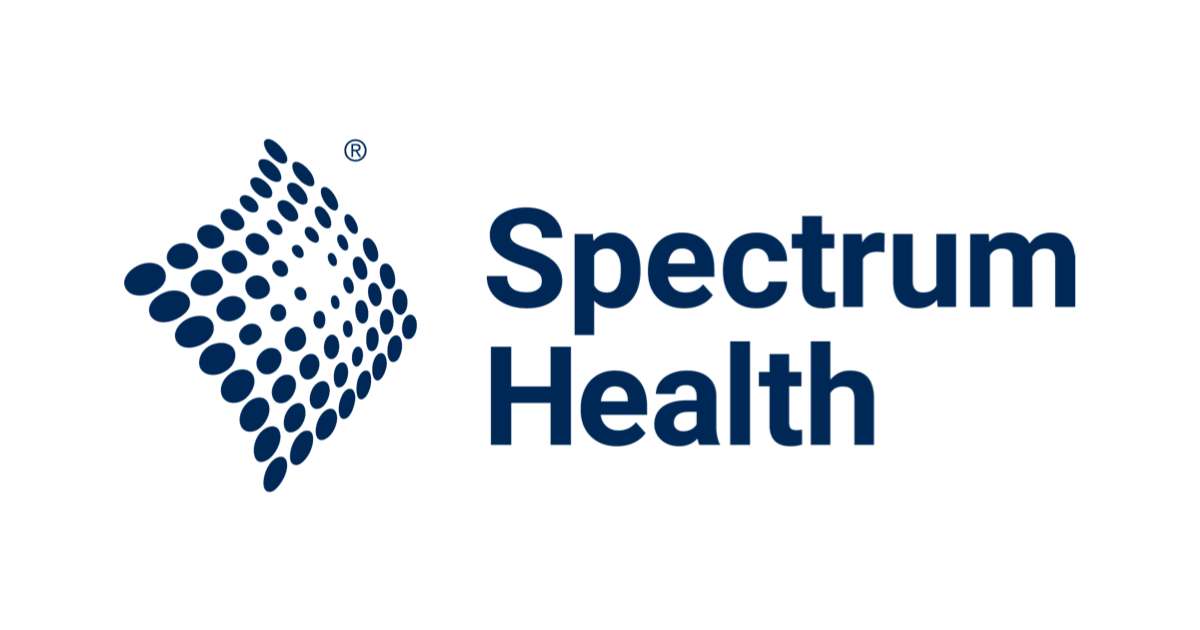`A new book by John McLeod is always a treat and, like good qualitative research, takes the reader by surprise, and shows him or her something new. The revelation to me in this book is its focus on philosophy (rather than psychology) and on John’s insistence that qualitative research is rooted in a mixture of phenomenology and hermeneutics. Those of us engaged in qualitative research are challenged to underpin our work with a deeper awareness of relevant philosophy with Chapters 2, 3 and 4 offering a good starting point. This book might not be seen then as being for the novice researcher who, in any case, would be best advised to start with one of John’s earlier books: Doing Counselling Research (SAGE,1994) or Practitioner Research in Counselling (SAGE,1999). However, many parts of this book are essential reading for those beginning qualitative research. The first half of Chapter 9, for example, `How to Do Qualitative Research?’ is rich material, as is Chapter 6, which explores grounded theory, referred to by John as the 2market leader2 in qualitative research. Chapter 10 takes a critical stance on randomized controlled trials before arguing the case for using qualitative outcomes measures: Qualitative interviews appear to be, at present, the most sensitive method for the evaluation of the harmful effects of therapy and also for recording its greatest successes. The standardized self-report methods used in randomized trials appear both to inhibit criticism of therapists and reporting of deterioration and also give little scope for clients to describe the hugely positive transformational experiences that can sometimes take place in counselling”. `This book deeply addresses what it means to do qualitative research into counselling and psychotherapy with plenty for the novice researcher and even more for those already deeply immersed in qualitative research’ – William West, Counselling and Psychotherapy Research. Qualitative methods are particularly suited to answering the kinds of questions that counsellors and psychotherapists need to ask about their practice. Qualitative Research in Counselling and Psychotherapy has therefore been written to help researchers find their way through the range of methodologies and techniques available to them. Leading expert, and bestselling author John McLeod takes the reader through each stage of the research process, explaining techniques for gathering data, writing up the study and evaluating the findings. Each qualitative method is clearly described and critically assessed in terms of its own strengths and weaknesses. Examples from actual research studies are given to show how the methods work in practice. The need to show how and why counselling works has led to an explosion of research activity. For all those involved in research – whether as part of academic study or in practice this book will be essential reading. As an introduction to qualitative methods, this it is certain to be widely recommended on courses in counselling and counselling psychology and will also be of interest to those who provide counselling in other professional areas such as nursing and social work.”
“Timulak’s aims, to clarify research and its value for practice, and to alert people to its ‘limitations and potential misuse’, have certainly been achieved. This book deserves a place in every professional library and I recommend it to anyone who is interested in understanding more about research” –
Therapy Today, May 2009
‘An authoritative text, providing a first-rate outline of the specific methods that counselling and psychotherapy researchers use, and illustrated through a wealth of examples’ – Professor Mick Cooper, Senior Lecturer in Counselling, University of Strathclyde
‘The content is comprehensive and covers the full range of knowledge and information that a trainee psychologist/psychotherapy researcher would want to have… It offers a general overview of psychotherapy research methods and their logic which is not duplicated in any book that I know of’ – Georgia Lepper, Senior Lecturer in Psychotherapy, University of Kent
Research in Psychotherapy and Counselling is a guide to methods used in studying the outcomes and processes of therapy. Introducing a range of methodologies which are used internationally, the author describes different research designs and illustrates them through examples of actual studies. Presenting the findings from key studies, he clearly demonstrates the usefulness of the research in therapeutic practice.
Research in Psychotherapy and Counselling is ideal for researchers and for students on courses in counselling, psychotherapy, clinical and counselling psychology and psychiatry.
Ladislav Timulak is course director of the MSc in Counselling Psychology at Trinity College, Dublin. He previously worked at the University of Trnava, Slovakia, and has extensive practical experience in the field of counselling and psychotherapy, as well as experience in conducting psychotherapy training.
This collection of over 130 hours of video draws upon a vast network of SAGE’s authors and editors. It includes many tutorials, interviews, and demonstrations, along with many more films addressing practitioner issues. View the complete title list.
Contributors include: Mick Cooper on Empathy and Listening, Jerrold Lee Shapiro on Existential Psychotherapy and John McLeod on Evidence-Based Practice.
New content coming in January 2022!
Approximately 7 new hours covering:
- Diversity in Counseling, including multicultural counseling and intersections of race, gender, and age with diagnoses and treatment
- Technology in Counseling, including teletherapy/video therapy
- Substance Abuse Treatment
Want to find out more? Request a free trial!
Already tried and liked the product?
Recommend SAGE Video to your librarian.
Editorial Board:
- Tim Bond, University of Bristol
- Emmy van Deurzen, New School of Psychotherapy and Counselling, London
- Nadya Fouad, University of Wisconsin-Milwaukee
- Miguel Gallardo, Pepperdine University
- Lawrence Gerstein, Ball State University
- Frederick Leong, Michigan State University
- Walter Lonner, Emeritus Professor, Western Washington University
- Andrew Reeves, University of Liverpool
Video will cover topics across the following core areas:
- Counseling Research Methods
- Counseling Setting/Client Groups
- Theory and Approaches
- Counseling Skills
- Professional Issues
From leading researcher and bestselling author, John McLeod, this new edition of Doing Research in Counselling and Psychotherapy is a book for students and practitioners who wish to undertake a small-scale publishable research study.
The focus is on research projects that are appropriate for student and practitioner researchers: qualitative interview-based research, practice-based outcome studies, case studies, and autoethnographic research. These different genres of research provide a grounding in the main approaches used in counselling and psychotherapy research. This accessible and comprehensive ‘how to’ guide on conducting a successful research project in counselling and psychotherapy takes you step-by-step through the research journey: initial engagement with the idea of doing research, developing a research question, appreciating the strengths and limitations of both qualitative and quantitative methods, conducting a study, and then finally writing up the findings for potential publication.
Supported by a wide range of case examples and points for reflection, this highly practical introduction to research in counselling, psychotherapy and allied disciplines is essential reading for any trainee or practitioner learning about the research process for the first time.
You will find extensive online resources to support your teaching and learning on the SAGE website.




